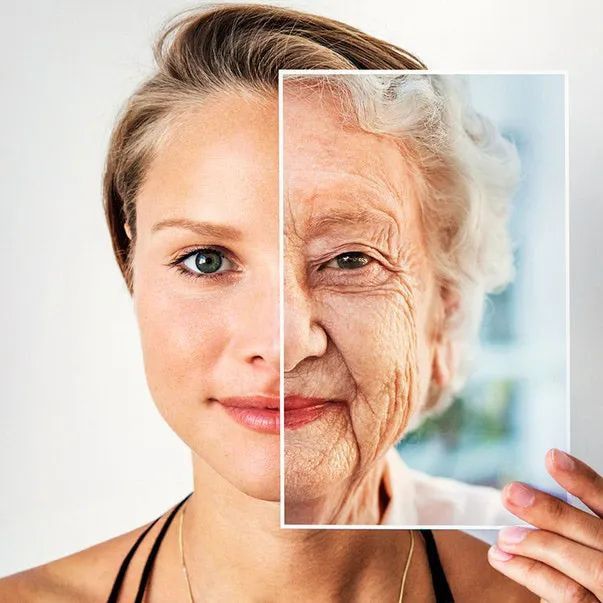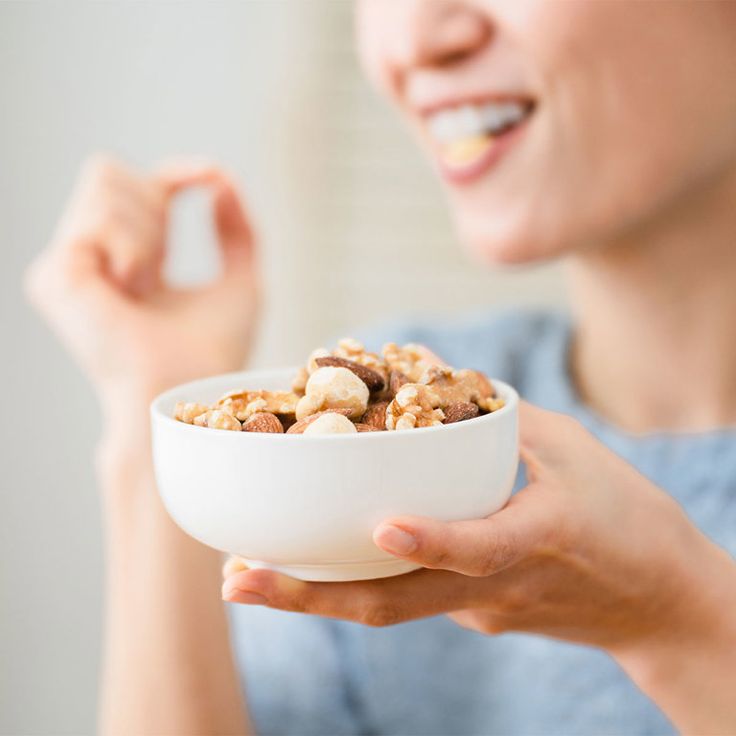
Anti-Aging Diet Tips, Hitting the big 5-0 makes it natural to think a birthday cake and a few candles signal the start of a gradual, unavoidable decline. But here is a secret: It doesn’t have to be that way. Indeed, the decisions you make now, even the little ones, can bring years of energy and well-being to your life.
Consider my friend Sarah. Last year she turned 50; rather than giving up, she got fixated on knowing how to age gracefully. One day, she chose to trade whole foods for more nutrient-dense, fast, processed snacks.
A month later, she felt mentally brighter, slept better, and had more energy. That little change in her diet? It really mattered.
Being a biologist who loves anti-aging and longevity, I can assure you that Sarah’s story is not only anecdotal; there is genuine research supporting it. Especially after age 50, nutritional demands change with time.
But conscious dietary adjustments help you to fight the consequences of aging, lower the chance of chronic diseases, and improve your general health. What specifically happens when you reach that milestone, and how can you modify your diet to fit? Let’s get started.
Before we go into the details of eating, let us first briefly examine why your body’s requirements change with age. Several biological changes affect how your body consumes food, absorbs nutrients, and uses energy as you age past your 40s.
As you get older, your metabolism declines. This indicates that you rest with less calorie burning. Even if you consume the same amount as you did when you were younger, not changing your calorie consumption could cause weight gain.
You begin to lose muscle mass around 30; this process known as sarcopenia speeds up after 50. Muscle burns more calories than fat, so a reduction of muscle mass could considerably decrease your metabolism.
Your body might not generate as much stomach acid or digestive enzymes as you get older, which would make it more difficult to absorb vitamins B12, calcium, and magnesium.
As you get older, hormones like estrogen and testosterone change, which can influence your hunger, digestion, and fat storage.
Though these changes might seem daunting, don’t be concerned; there are easy nutritional tips you can follow to enable your body to flourish and adjust.
Anti-Aging Diet Tips, The loss of muscular mass is among the most significant alterations after fifty. How can you reduce this process and perhaps gain some muscle? Protein is everything.
Muscles are built from protein, thus maintaining strength and function as you age depends on consuming sufficient of it. The issue? Many people, particularly those getting older, lack sufficient protein intake. But don’t worry, getting adequate protein doesn’t require gobbling down chicken breasts at every meal. Here are several enjoyable (and delicious) methods to add additional protein to your diet:
Proteins from plants: Try lentils, chickpeas, quinoa, tofu, and edamame if meat isn’t your thing. All of them are fantastic plant-based protein sources that also offer fiber and antioxidants.
Eggs: High in protein and full of vital minerals including choline, good for brain development! Eggs are an excellent option. Most of the nutrients are in the egg, so no, you don’t have to discard the yolks.
Greek Yoghurt: Change your usual yogurt with Greek. It has probiotics supporting intestinal health and is more protein-rich.
Snacks High in Protein: Rather than grabbing a bag of chips, reach for a handful of seeds, nuts, or some cottage cheese topped with fruit. These can help you feel filled for longer and provide a protein boost.
Daily, target roughly 1-1.2 grams of protein per kilogram of body weight. For instance, if you weigh 70 kg (about 154 lbs), aim to consume between 70-84 grams of protein daily.


Here are some fun facts: Did you know about 60% of your brain is fat? Given that eating the correct kinds of fats can assist to protect your brain from age-related cognitive decline and maintain your heart in peak condition, it’s hardly surprising.
Eating fats that help your brain and cardiovascular system becomes more crucial as you become older. This calls for avoiding bad fats, trans fats, we’re looking at you, and emphasizing heart-healthy fats, such as:
Fatty Acids Omega-3: Present in fatty fish such as salmon, mackerel, and sardines, omega-3s are recognized to lower inflammation, promote cognitive function, and protect against heart disease.
Seeds and Nuts: Packed with good fats, antioxidants, and fiber are walnuts, flaxseeds, and chia seeds. They are also excellent for maintaining normal blood sugar levels.
Avocado: Rich in heart-healthy monounsaturated fats, avocados are a great addition to smoothies, salads, or even just spread on toast.
Try to include healthy fats and omega-3s in your meals at least three to four times a week.
Anti-Aging Diet Tips, Your body’s capacity to absorb calcium declines as you age, which endangers your bones for fractures and osteoporosis. Strong bones also require other nutrients besides calcium. Calcium absorption depends mostly on vitamin D, hence it’s crucial to make sure you have plenty of both.
Here are few strategies to improve your bone health
Fortified plant-based milks, like almond, soy, or oat milk—that have extra calcium and vitamin D are good options if you dislike dairy. Fortified orange juice and cereals are also available.
Rich in calcium and other vital minerals that help bone health are kale, bok choy, and broccoli.
Apart from omega-3s, fish such as salmon, tuna, and mackerel are excellent vitamin D providers.
Although food sources are vital, daily exposure to sunlight, roughly 10 to 30 minutes depending on your skin type and area, can help your body create vitamin D naturally.
Though some people may need larger doses, consult your doctor, a decent guideline is 1,000 mg of calcium daily and 800-1,000 IU of vitamin D.
Anti-Aging Diet Tips, You may be shocked to find that aging well is greatly influenced by hydration. Your body may require water even if you don’t feel thirsty as our sensation of thirst declines with age. Dehydration can cause confusion, weariness, and bad digestion, so this is very crucial.
To remain hydrated
Drink Water Regularly: Though pay attention to your body, try for at least eight cups of water daily. Should you be thirsty, drink extra.
Add Hydrating Foods: Many veggies and fruits are quite watery. Without depending on only liquids, watermelon, cucumbers, oranges, and strawberries can help you remain hydrated.
Herbal teas: Herbal teas, such as chamomile or peppermint, help hydrate and offer antioxidants.
Remember that hydration helps to preserve skin suppleness and avoid dry skin, which can be a typical concern as you get older.


Living better is as much about longevity as living longer. Small, deliberate dietary modifications can greatly enhance your quality of life and lower the likelihood of age-related disorders.
Keep in mind that over time daily habits, eating nutrient-dense foods, staying hydrated, exercising your body, and getting enough sleep, add up.
Therefore, see every meal as a chance to energize your next chapter as you start it. Your body will appreciate it. And believe me, your 70-year-old self will give you a mental high-five.